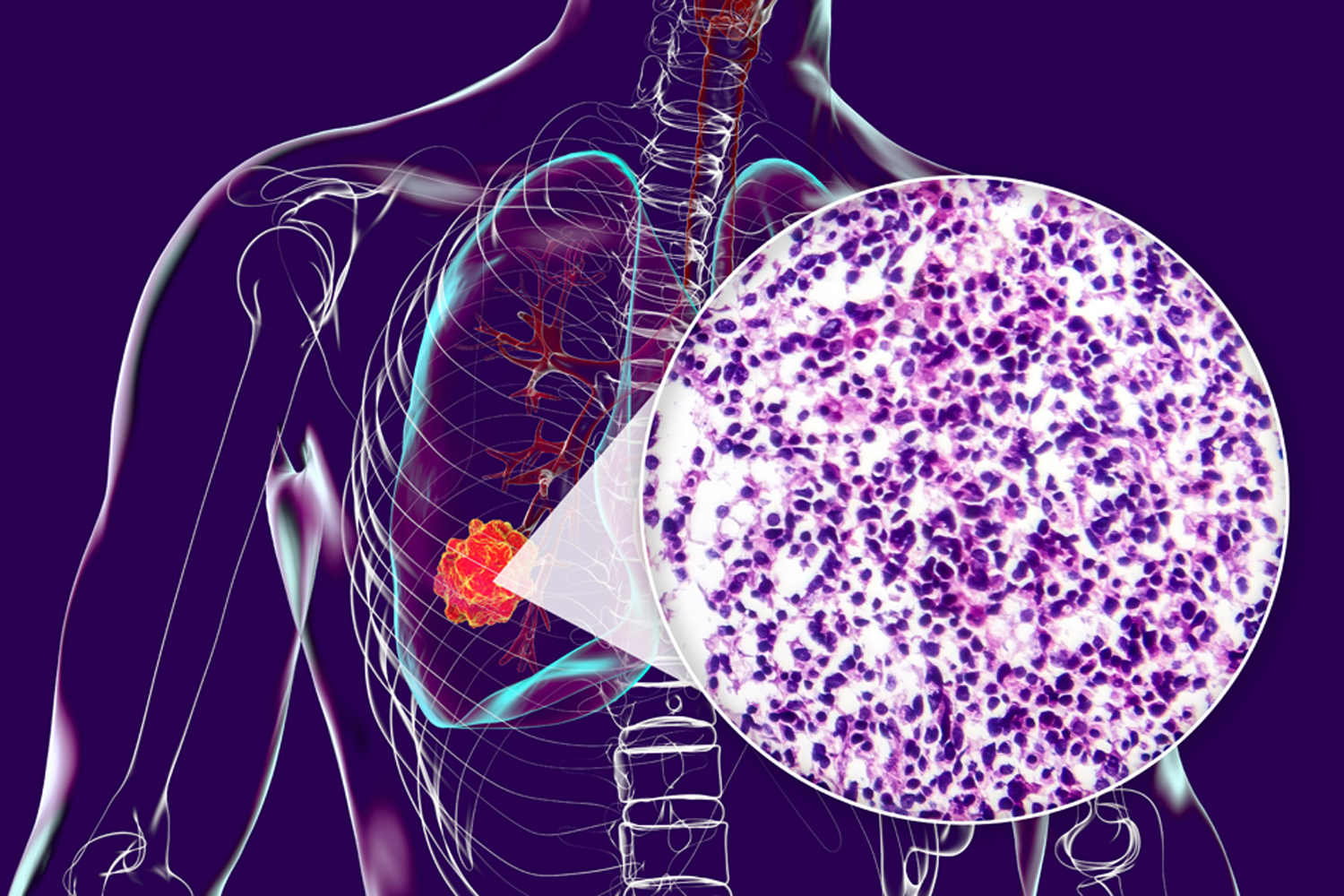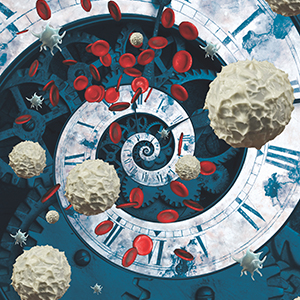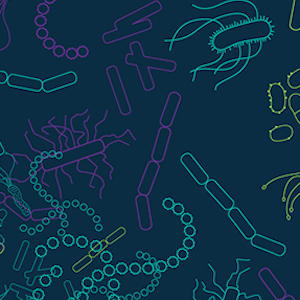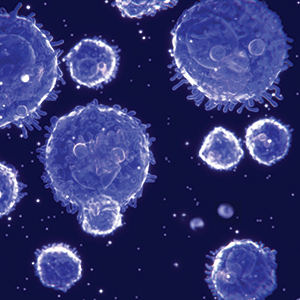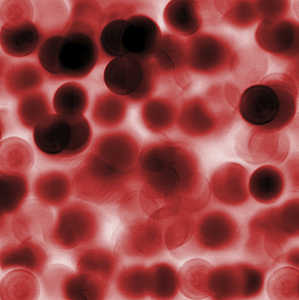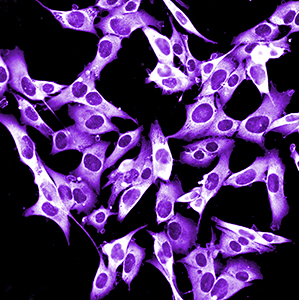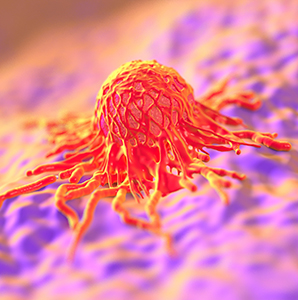-
Treatment Is Waiting
For patients with chronic blood cancers, the early intervention mantra of cancer does not always apply.
by Sue Rochman
-
The Riddle of Bacteria and Cancer
Bacteria can be friend or foe—or both. Researchers are looking at bacteria to boost the effectiveness of cancer treatments, even if they don't fully understand how the tiny organisms work.
by Stephen Ornes
-
Forward Look
Putting the Immune System in OverdriveQ&A with medical oncologist and immunotherapy researcher Patrick Ott.
by Chris Palmer
-
Forward Look
A Blood Test for CancerLiquid biopsies are a leading edge of cancer research.
by Stephen Ornes
-
Forward Look
Melanoma Risk Increased in Some Lymphoma SurvivorsStudy pinpoints group that may benefit from close surveillance.
by Sharon Reynolds
-
Forward Look
Aspirin Recommended to Reduce Colorectal Cancer RiskTask force formally recognizes the benefits, with caveats.
by Yasmine Iqbal
-
Forward Look
Fine-Tuning Treatments for Triple-Negative Breast CancerStudies aim to identify best available treatments and find new ones.
by Cameron Walker
-
The Power of 1
Studies focused on individuals rather than large numbers of people can help some patients while advancing knowledge.
by Stephen Ornes
-
Healthy Habits
What’s The Beef?Get the facts about meat consumption and cancer risk.
by Brenda Conaway
-
From the Editor-in-Chief
Early-Stage Prostate Cancer: To Treat or Not To TreatStrategies for prostate cancer screening and surveillance are still being refined.
by William G. Nelson, MD, PhD
Cancer Talk
Lessons From 20 Years Living With Cancer
Multiple myeloma survivor Jonathan Gluck reflects on uncertainty, and the scientific progress that has kept him living with cancer for more than two decades.
by Eric Fitzsimmons
The Enduring Importance of Cancer Disparities ResearchOpening session from AACR conference highlights how perseverance and adversity have informed cancer disparities research over the years.
by Eric Fitzsimmons
Most Cancer Survivors Don’t Meet Healthy Diet GoalsDespite research linking fruits and vegetables to cancer survival, many people do not change their eating habits after diagnosis.
by Darlene Dobkowski
Many People Don’t Get Colonoscopy After Receiving Abnormal Blood TestsAbout half of people who receive abnormal results from colorectal cancer screening tests don’t follow up with a colonoscopy.
by Laura Gesualdi Gilmore

